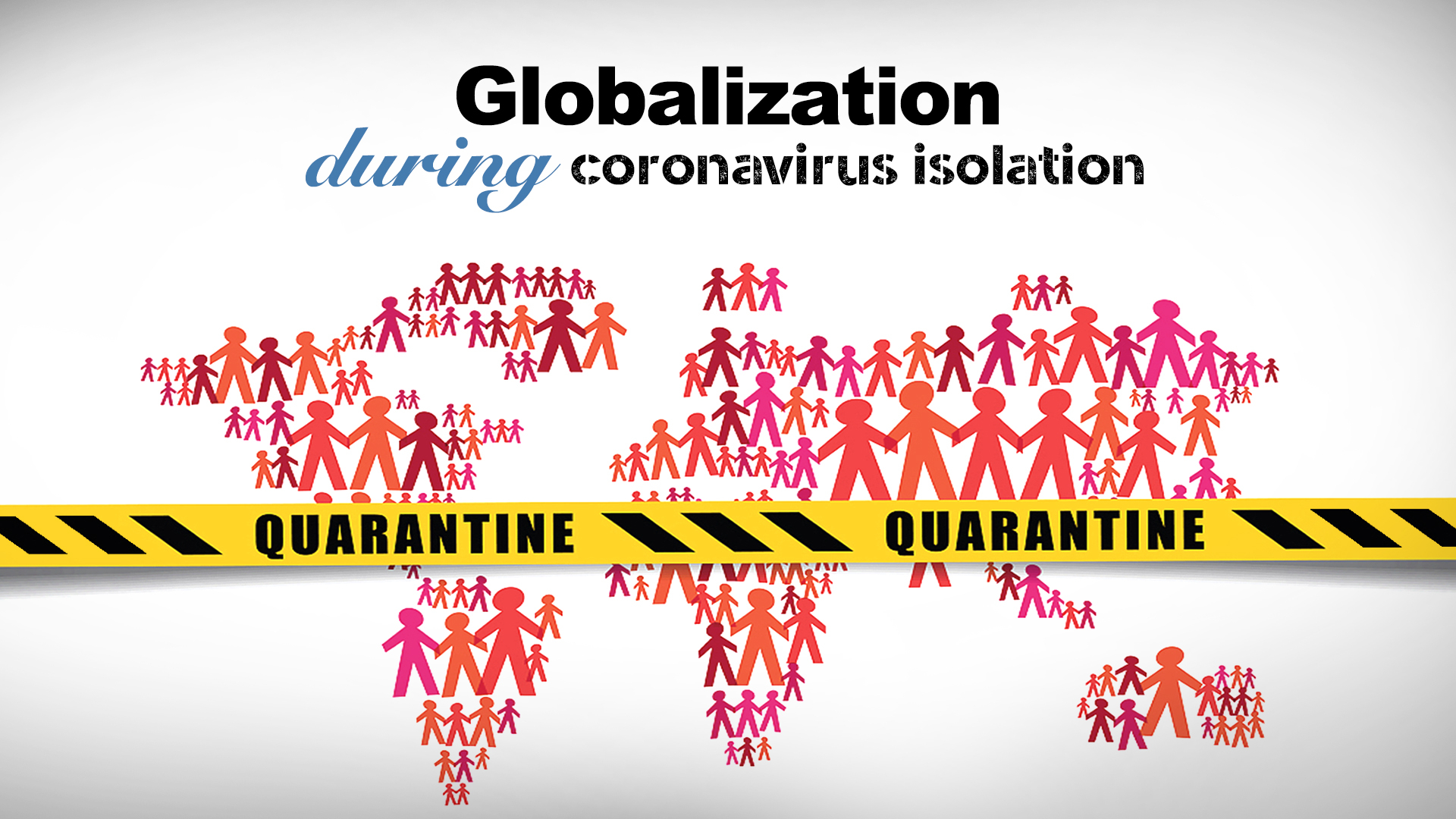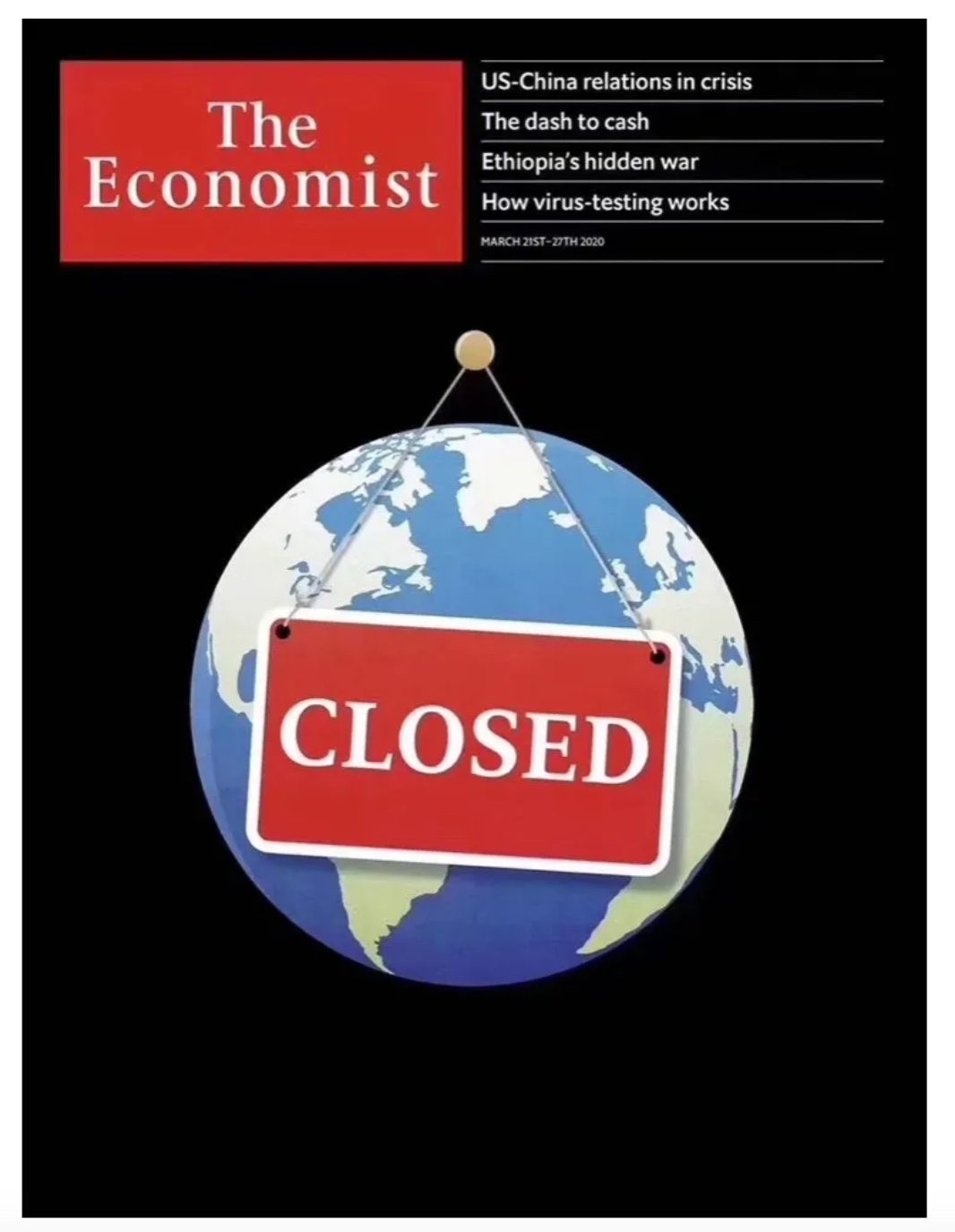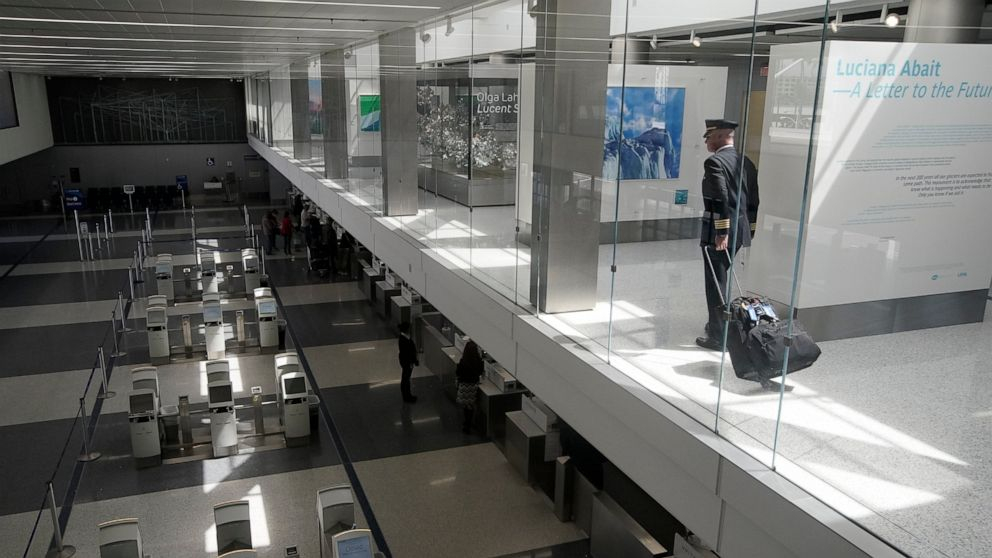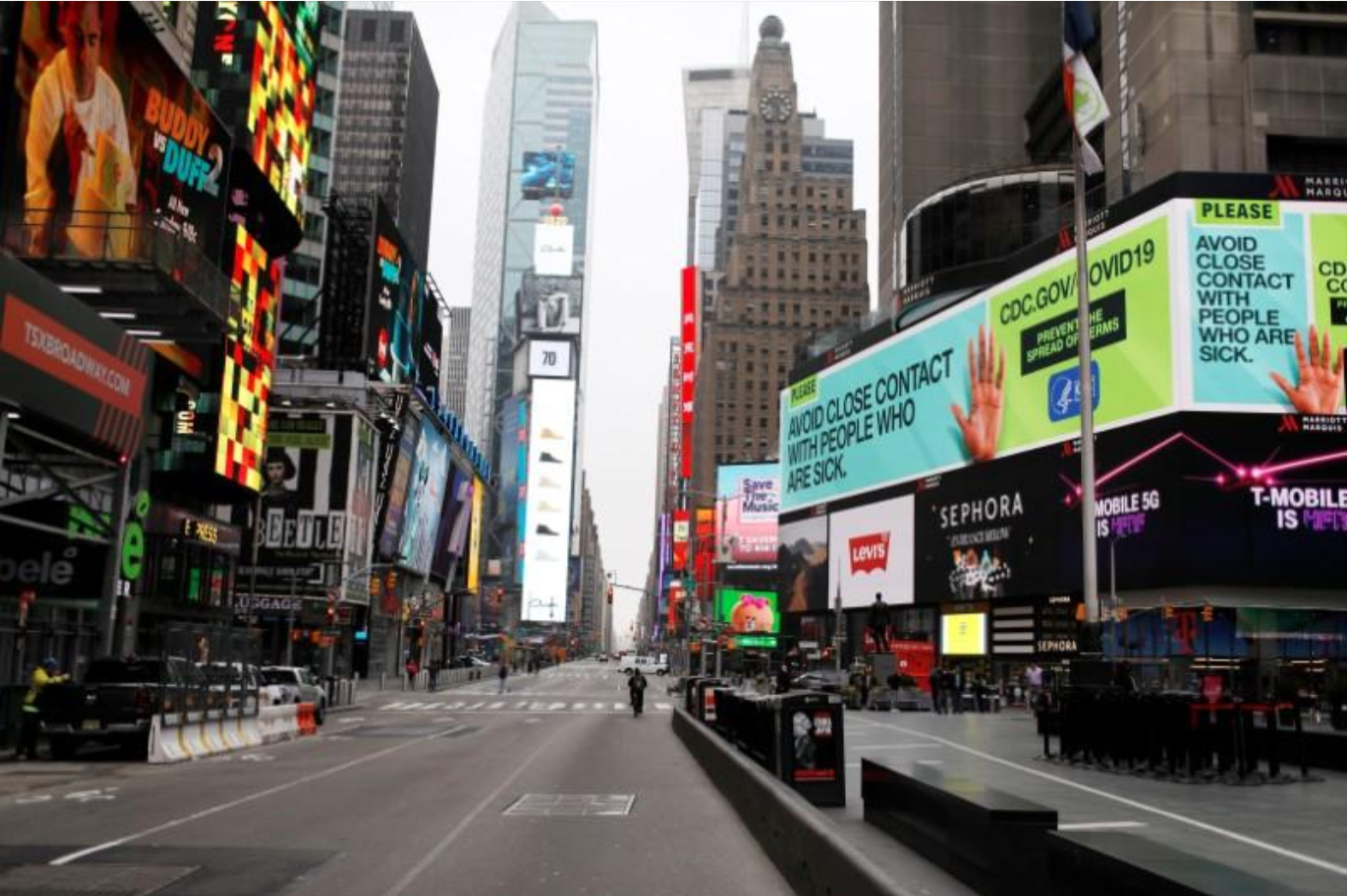
As countries around the world scramble to slow the spread of COVID-19 pandemic, the world is experiencing a breakdown that threatens the foundation it has been built upon over decades.
Three months into 2020, more than half a million people in nearly 200 countries are battling an infectious disease with a death toll rising in triple digits. Megacities with tens of millions of inhabitants have been quarantined and the economy practically brought to a halt by the shutdowns and other restrictions.
The last time the whole world faced a large-scale crisis together was during the 2008 financial crisis, when Group of 20 (G20) economies united in their coordinated effort to steer the global economy into calmer waters. This week, G20 leaders held a virtual summit for the first time under the unusual circumstances, pledging cooperation in this time of crisis. Whether concrete actions will follow remains to be seen, but the overall message is clear: solidarity, not more isolation, is needed now.
Globalization in reverse?
A lot has changed since 2008. Already shaken by the rise of populism in recent years, the idea of globalization is facing another round of backlash as the coronavirus outbreak exposed the vulnerabilities of being part of an interconnected and interdependent world.
The post-war liberal international order has been the driving force behind the movements of people and goods across borders. But this also means that an outbreak in one country can spread to the rest of the world quickly and have ripple effect in all areas of international exchange.

Cover of the latest issue of "The Economist".
Cover of the latest issue of "The Economist".
China, where the epidemic hit first, is now a major part of the global economy, accounting for 19 percent of the global GDP. As a manufacturing powerhouse, the country lies at the heart of many global supply chains. According to one estimate, every third company has major Chinese customers and 81 percent of companies rely on Chinese suppliers. Chinese students and tourists are among the biggest contributors to the education and tourism sectors.
Industries and businesses which have benefited from all this suffered instant repercussions after the outbreak in Hubei Province shut down key parts of China's economy during the extended Lunar New Year holiday. The disruptions caught the world off guard and forced many companies to rethink their reliance on other countries, and countries to gear toward greater self-sufficiency.
The fight against coronavirus is also a race for medical supplies like face masks and lifesaving equipment. Seven countries account for 70 percent of the world's exports of ventilators. A lot of that comes from China.
Then there is the heightened awareness of the risks associated with the free movement of people, and barriers have gone up around the world. Aviation and travel-related businesses, like cruise companies, are particularly impacted by the fallout.
Related story: Blow to globalization and a push for self-sufficiency

A quiet check-in counter at the United terminal at Los Angeles International Airport in the United States, March 24, 2020. /AP
A quiet check-in counter at the United terminal at Los Angeles International Airport in the United States, March 24, 2020. /AP
In Europe, the current epicenter of COVID-19, members of the European Union are closing borders with one another, reversing decades of efforts to ease movement within the bloc while hoarding and blocking export of medical supplies like face masks.
Such a shift could be historically significant, as past pandemics were. Harold James, professor of history and international affairs at Princeton University, wrote that like the waning of the Middle Ages following the Black Death in Europe, it is entirely possible that COVID-19 will precipitate the "waning of globalization."
"Pandemics are not just passing tragedies of sickness and death. The omnipresence of such mass-scale threats, and the uncertainty and fear that accompany them, lead to new behaviors and beliefs. People become both more suspicious and more credulous. Above all, they become less willing to engage with anything that seems foreign or strange," James said.
One group can attest to this on a personal level. Since the outbreak began in China, racist incidents targeting people of Asian descent are on the rise in many countries even though the virus doesn't discriminate.
'A different world' after coronavirus
Yuval Noah Harari, historian and best-selling author of Sapiens, wrote in an article in the Financial Times that after the coronavirus pandemic, "we will inhabit a different world." Harari urged people to think about "not only how to overcome the immediate threat, but also what kind of world we will inhabit once the storm passes."
"If we choose disunity, this will not only prolong the crisis, but will probably result in even worse catastrophes in the future. If we choose global solidarity, it will be a victory not only against the coronavirus, but against all future epidemics and crises that might assail humankind in the 21st century," Harari said.
The COVID-19 pandemic is already playing into today's nationalist narratives. A recent survey shows that 73 percent of American adults believe China is responsible for the spread of coronavirus, compared to 43 percent who blame President Donald Trump's response for the crisis.
Some in the U.S. government have seized the opportunity to ramp up calls for "decoupling" from China and repatriating production back to the U.S. But the country itself is facing a shortage of medical supplies that is partly due to tariffs imposed on Chinese imports during the trade war.
The Trump administration recently granted exemptions of tariffs on a range of Chinese imports, such as medical masks and gloves.
Last week, Washington and Beijing were engaged in a bitter row about the source of the virus. On Wednesday, U.S. Secretary of State Mike Pompeo's insistence on labeling the coronavirus the "Wuhan virus" sowed discord at the Group of Seven meeting, which didn't result in any agreement.
The pandemic comes as the U.S. withdraws from its global leadership role, leaving international institutions like the World Health Organization (WHO) in a weakened state.
In February, amid a growing outbreak, the Trump administration cuts nearly 65 million U.S. dollars in funding to the WHO, reducing the U.S. contribution by half. In other reports, the U.S. government tried to gain exclusive access to a coronavirus vaccine being developed by a German firm.
All of this stands in stark contrast to the U.S. response when it hosted the G20 summit during the 2008 crisis, or to its leadership in the global effort during the Ebola outbreak in West Africa in 2014.
Unfortunately, in this global catastrophe, that world-saving superpower from all the movies has been absent.
Wang Huiyao, president of the Center for China and Globalization, said that when it comes to policy remedies, discussion continues to fixate on ideology and political systems, especially when the world's two biggest economies are involved. The lack of coordination between the two countries on critical medical supplies is just one example.
Wang noted that as China now focuses its efforts on treating imported COVID-19 cases, it shows that even places that tame initial outbreaks remain vulnerable until the world is safe.
"Perhaps the most important lesson is that we are all in this together. No country can beat this virus alone," he said.

A nearly empty Times Square after New York City is lockdown. /Reuters
A nearly empty Times Square after New York City is lockdown. /Reuters
But all is not lost. This pandemic has also demonstrated in real time the global public good science and technology can offer.
In December, a group of Chinese researchers published the genetic sequence of the new virus online. This data laid the ground work for the international scientific community to start developing diagnostic tests and vaccines.
On 14 February, the WHO started the dispatch of laboratory COVID-19 testing kits for 56 countries. Open online platforms BioRxiv and medRxiv currently host more than 420 papers on the coronavirus. The WHO has reported more than 390 clinical trials on its international registry platform.
Chinese doctors who worked on the frontline in Wuhan have been sharing their experiences treating critically ill patients with foreign peers via video conference, while technologies like Artificial Intelligence, big data and 5G are expected to play important roles in diagnosis and vaccine development.
Meanwhile, a major boost in the digital economy could also profoundly change the way people work and travel, accelerating the digital revolution that's already underway. Some of these changes can also create international supply chains and new ways of cooperation that are more sustainable and resilient to shocks.
Read more: Will the coronavirus pandemic make 'work from home' popular?